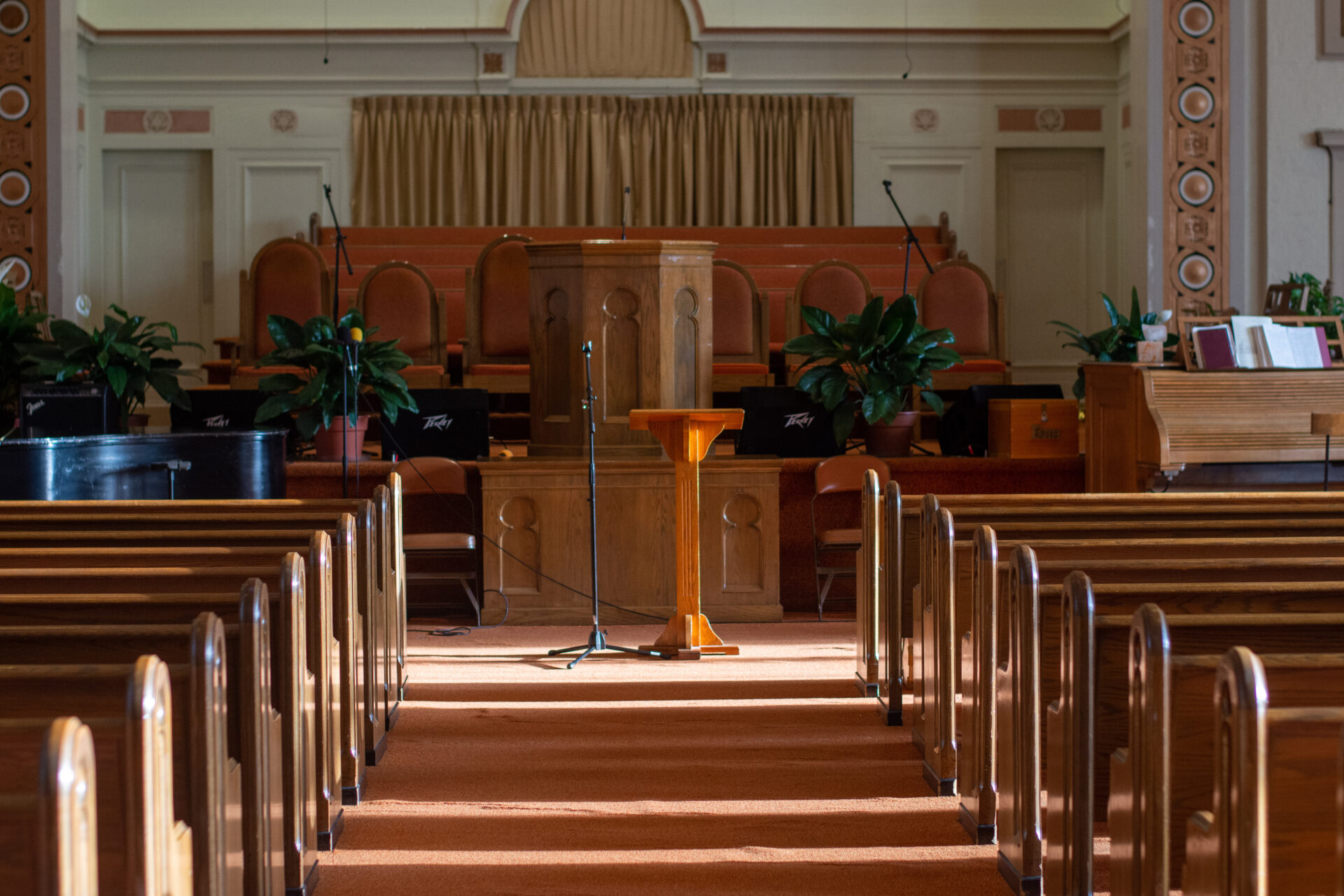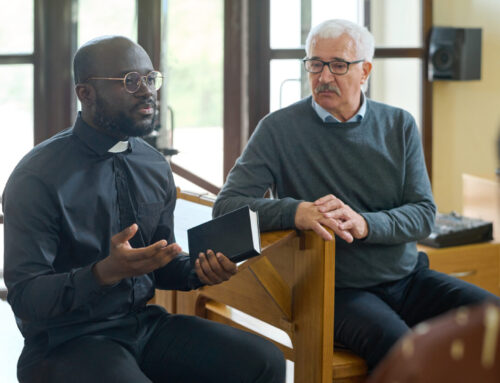There are a number of reasons a place of worship or other organization might shutter its doors (e.g. aging congregation, deteriorating facility, changing neighborhood demographics, etc.). Deciding to permanently close can be unexpected and emotional. Whether the decision is to completely close or merge with another congregation, there are multiple legal considerations that if ignored, can have costly results. Here are a few key questions you need to answer before dissolving.
1) DOCUMENTATION — Do the governing documents give guidance or dictate how the organization can be dissolved? This is important to avoid legal challenges to the legitimacy of the dissolution and to ensure that the appropriate people have a role in decision making.
2) LAW — What are state and federal legal requirements for dissolution of a religious or other non-profit? Again, not only will this help avoid legal challenges, but also potential IRS penalties.
3) LEADERSHIP — Who is responsible for coordinating the dissolution and do they have the experience and resources to effectively do it? There is an old adage that if everyone is in charge, no one is in charge. There are legal and business details that need to be accomplished and communicated to provide for a timely, transparent, and orderly process.
4) ASSETS — What, if any, property or gifts have been given to the organization? Families or individuals may have helped charter or start the place of worship through donating land or other property with the condition that the entity remain in existence. Contracts or agreements may have been created that provided for the reversion of such gifts to the individuals or their heirs if the entity dissolved. In those instances, it is very important to determine the church’s legal and potential financial obligation.
5) RECORDS — Who will be the keeper of the church records? Just because the church dissolved does not mean all of its history will be dissolved. In addition to records of the dissolution itself, someone should house the business records for any future inquiries or inspections.
The information contained in this blog does not constitute legal advice, nor does this blog create an attorney-client relationship. KSM attorneys do not blog about pending matters handled on behalf of our clients and will never disclose client confidences.






